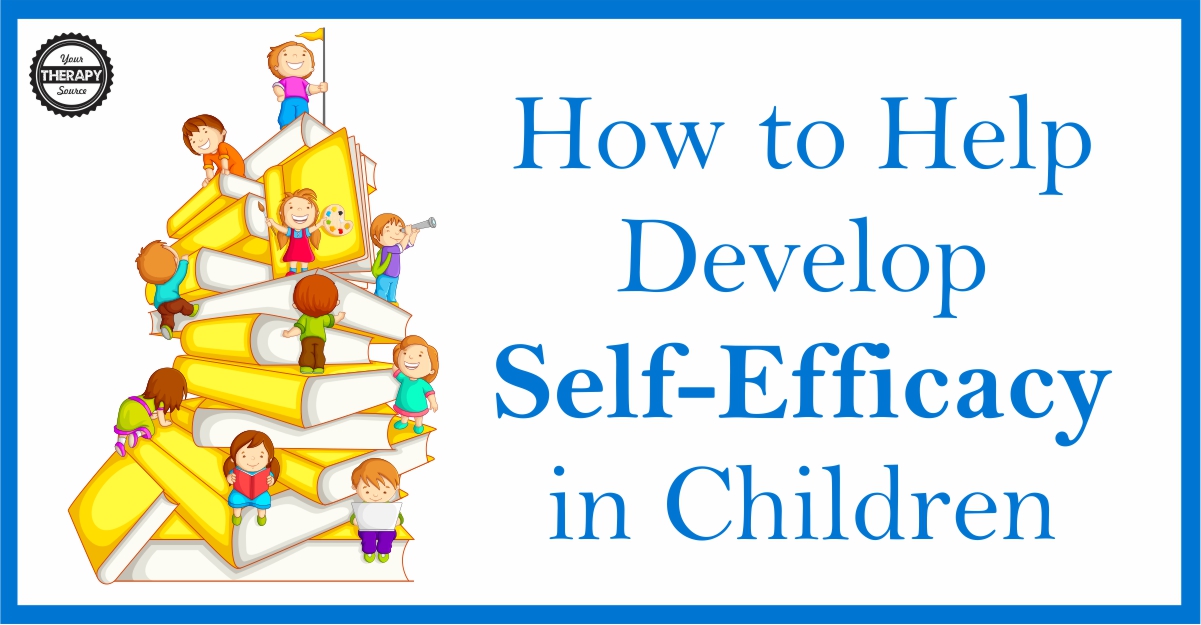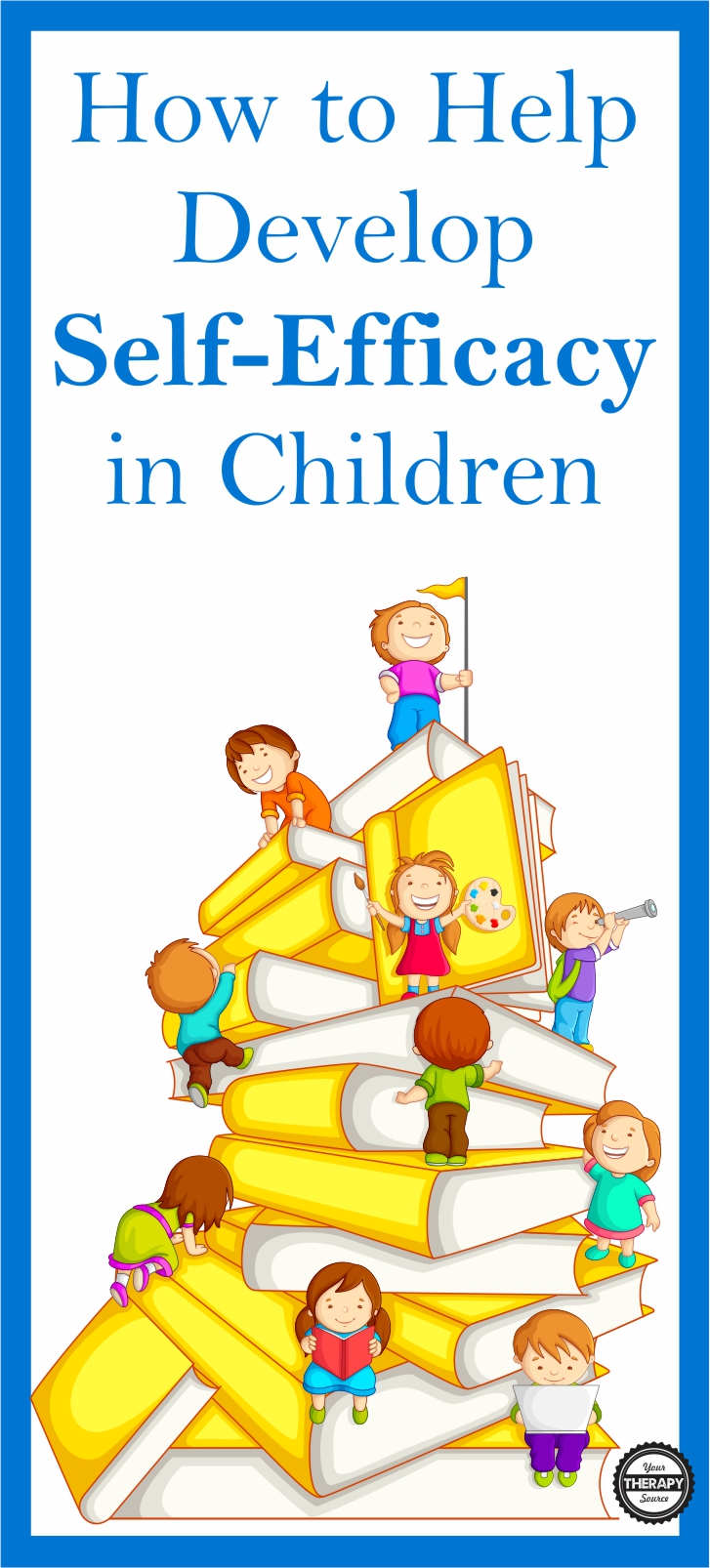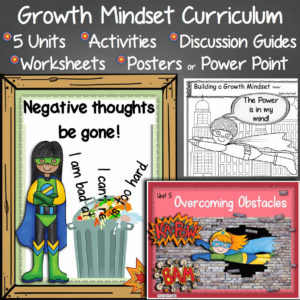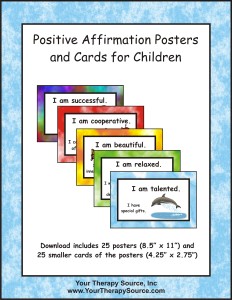How to Help Develop Self-Efficacy in Children
 How to Help Develop Self-Efficacy in Children
How to Help Develop Self-Efficacy in Children
Self-efficacy is the belief in yourself that you are capable of achieving a goal. As therapists, teachers, and parents we can help with the development of self-efficacy in children to teach them to persevere by reinforcing their strengths and helping establish steps to reach their goals. Higher levels of self-efficacy are associated with increased positive thinking, greater resilience, higher motivation, increased effort and decreased stress.
Four Building Blocks of Self-Efficacy in Children
During early childhood, four main building blocks of self-efficacy in children begin to develop:
- Mastery Experiences: When a child performs a task successfully, it strengthens his/her sense of self-efficacy. On the contrary, when a child is unsuccessful at a task, it decreased his/her sense of self-efficacy. This is why providing children with “just right” challenges is so beneficial.
- Social Modeling: When children observe their peers work hard and accomplish a task, it helps increase their belief in themselves that they can accomplish the task too.
- Social Persuasion: When children receive specific verbal encouragement from others that they will be successful, it helps them believe that they have the skills and capabilities to succeed.
- Psychological Responses: A positive mood can influence your abilities to succeed.
Ways to Help Enhance Self-Efficacy in Children
Here are several ways therapists, teachers, and parents can help enhance self-efficacy in children. Teach children to:
- recognize and challenge negative thoughts by replacing the negative thought with a truthful, positive thought.
- establish achievable goals.
- celebrate small and big successes.
Adults and peers can help children by:
- using specific praise regarding the task i.e. “you did well because you tried three times to open the container without giving up.”
- providing just-right activities. Children need to be involved in the decision-making process to use and practice new skills that are challenging but achievable.
- being honest. Do not disregard the situation if the child does not succeed. Acknowledge the situation and offer suggestions for the child to use their strengths the next time.
- praising effort.
- modeling self-efficacy themselves.
Growth Mindset and Self-Efficacy
Growth mindset and self-efficacy are closely related but slightly different. Children who believe that with effort their skills will improve may have a growth mindset. Children need both self-efficacy beliefe in themselves to learn new skills) coupled with a growth mindset (with effort my skills will improve). By helping children develop self-efficacy and a growth mindset they can overcome challenges, recognize their strengths, put forth effort and achieve their goals.
Growth Mindset Curriculum: This Growth Mindset curriculum, created by Thia Triggs, school-based Occupational Therapist, includes 5 units that will help you to support your children in developing a Growth Mindset FIND OUT MORE.
Want to encourage positive thinking? Check out Positive Affirmations to empower children to realize their full potential.
References:
Cherry, Kendra. Self Efficacy: Why Believing in Yourself Matters. Retrieved from the web on 5/21/18 at https://www.verywellmind.com/what-is-self-efficacy-2795954.
National Association of School Psychologists. Self-Efficacy: Helping Children Believe They Can Succeed. Communiqué Handout: November, Volume 39, Number 3. Retrieved from the web on 5/21/18 at https://www.forsyth.k12.ga.us/cms/lib3/ga01000373/centricity/domain/31/self-efficacy_helping_children_believe_they_can_suceed.pdf





